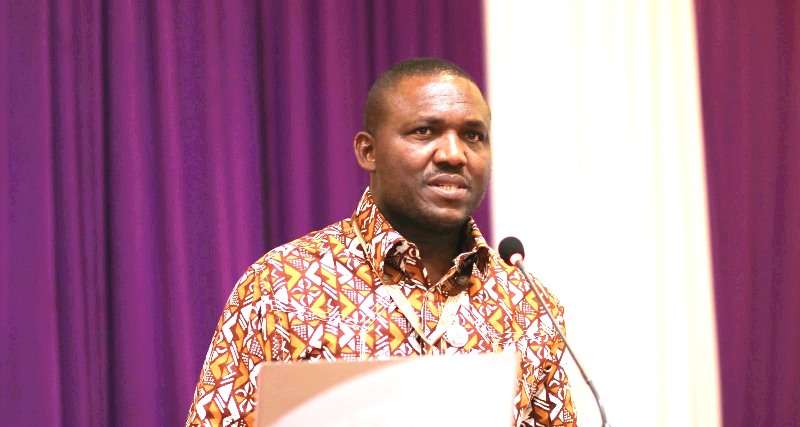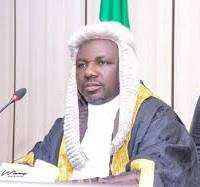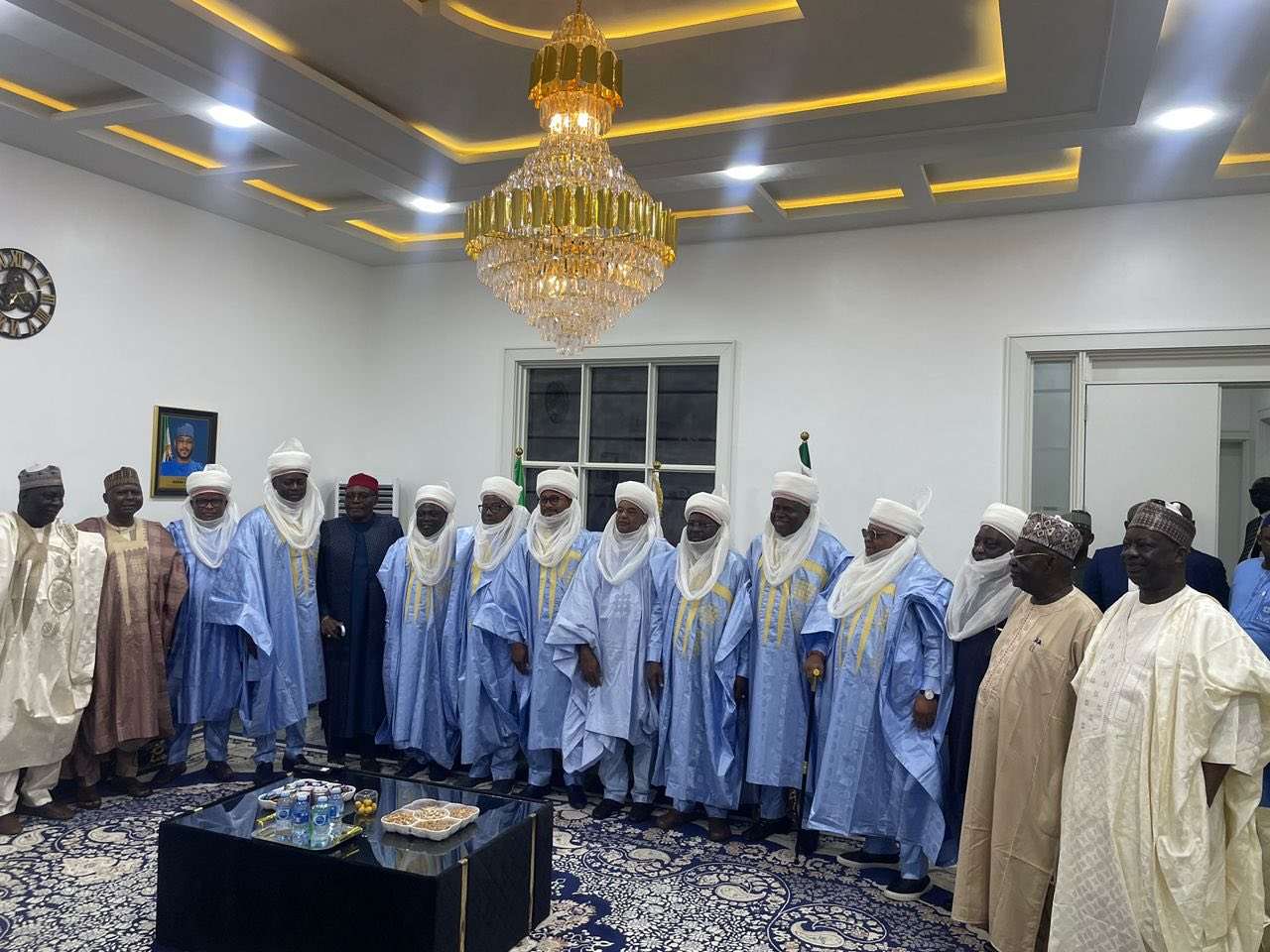Leonard Karshima Shilgba
Let me begin with discounting a certain wrong assumption, which is: one individual determines the direction of politics or governance in Benue State. There is no credible evidence that this is so.
Certain persons have held the opinion that His Excellency George Akume has determined the direction of Benue politics and governance since 1999, and must be blamed for or credited with the current political and economic state of Benue.
Since 1999, Benue State has had four elected governors: Akume, Suswam, Ortom, and Alia in that order. While each of the last three used Akume to get into office in the first term, all three fell out with Akume after achieving their goal, and Suswam and Ortom dispensed with Akume’s political relevance in their life in the second term and defeated him. In fact, Suswam forced Akume out of the then ruling party, the People’s Democratic Party (PDP) on whose platform Akume had won elections as governor of Benue State and was a senator until Suswam pulled the rug from under him, making Akume to take refuge under the defunct Action Congress of Nigeria (ACN) in the opposition in 2010. Ortom, on the other hand, after losing the primary election in the then Suswam-controlled party in Benue in 2014, ran to Akume who, while alienating his loyalists such as Ambassador Ugbah, gave him a refuge under the newly minted All Progressives Congress (APC) on whose platform he ran and won the governorship election in 2015. Later, Ortom decamped back to PDP and defeated Akume in 2019. It was also in the same year that Akume lost his Senate seat in an open election.
In 2023, despite Akume’s vow to no longer involve himself in the primary elections to select a Benue State governorship candidate on his party’s platform, his open and not so open actions or attitudes alienated certain politicians (including his old friend Prof. Shija). Akume supported Gov. Alia, who has now dominated political control in Benue State, and without mincing words, he has forced Akume to cry out openly, saying to Alia, “Come back and join me where we started.”
From the foregoing, is it difficult for an objective reader and observer to conclude that the last three governors of Benue State have been so smart to only use Akume when they needed him, and then dumped him after his usefulness to them became exhausted? This is painful for Akume’s supporters to accept, but it is painfully true. And what is more painful is that His Excellency George Akume has stubbornly refused to learn his lessons since 2007. His close and loyal allies can’t trust him to support them to aspire to the office of Governor of Benue State when the right time comes, because, traditionally, Akume is too disposed to being swayed by latter day converts masking their real intentions to listen to caution from his genuine loyalists. I have asked before, “Where are Akume’s people?” Akume’s weakness in cultivating loyalty and leadership based on principles, political sustainability, and trust has left him so politically exposed and threatened. And I warned him against this.
The economic and political outlook of Benue State is the product of neither conscious planning nor a bequeathal of intelligence, but in spite of both. Additionally, generally, the citizens of Benue State have exhibited an appalling spread of expectations. I had thought, in my naivety, that well articulated brilliant vision for Benue State would interest the people; and I have crafted such with meticulous attention over a decade. How wrong I was!
In July 2024, during a visit to Benue State, I had an enlightening conversation with a former Attorney General of Benue State. I suggested to him that the Tiv people, who are the majority ethnic group in Benue State, had no agenda. He disagreed with me, and in his entertaining manner, told me in a humorous mixture of Tiv and English, “The Tiv man’s agenda is a lump of food, a drink, injaa mato, and a piece of meat.” Translating into classical English approximates to: “The Tiv man’s agenda is being offered (by politicians ) a lump of food, a drink, ‘transport fare’ when they visit, and a piece of meat.” I have pondered over this and found an epiphany. Politicians like Akume, who understands this Tiv (Benue) agenda, which Gov. Fayose popularized as “stomach infrastructure”, and knows how to exploit it, “dominates”, but, in reality, it is brutally expensive to fund such an agenda. Therefore, any governor that decides to take a different path that guarantees enduring and sustainable development in critical socioeconomic sectors such as education, healthcare, transportation, agriculture, and manufacturing (as Gov. Alia has taken) will attract the hatred and disrespect of politicians who believe in perpetuating this insidious “agenda”.
The Tiv people of Benue State have such a dominant population that unless the people of Benue Zone C (consisting of the Idomas and Igedes) go into some alliance with at least one of the two Senatorial Zones A and B of the Tiv people, it will be very difficult for a non-Tiv governor to emerge in a free and fair democratic election. This is a painful reality.
Since 1999, no governor of Benue State and no senator has emerged from the Kwande people and Igede people of Benue State. While the population of the two local governments of the Kwande House (Ushongo and Kwande) is above the population of the Igedes (the third largest ethnic group in Benue after Tiv and Idoma), both the Kwande group and Igedes have a population of above 1.1 million. If the political elites of Kwande, Igede, and other similarly sidelined groups in Benue engage themselves strategically, chances are that they can produce the governor of Benue State in the future.
Alternatively, the Idomas and Kwande House may reach a political arrangement to alternate the offices of Governor and Deputy Governor between them within a period of 8 years: Kwande House/Idoma for 4 years, and then Idoma/Kwande House for the next 4 years. The same running mates can swap positions in turns. A nifty consideration is that the Governor from Kwande House, after serving for the first 4 years and re-elected for a second term would resign in the first one month and be nominated by the running mate to serve as Deputy Governor. Additionally, the Igedes would produce the senator for Zone C.
Under the local government autonomy, it is theoretically plausible to assume that chairmen of local government councils in Benue State will play a significant role in who emerges as the governor of Benue State and president of Nigeria in 2027.
May Benue prosper and let her residents benefit from the prosperity.
Leonard Karshima Shilgba is a founding member of Benue APC.









